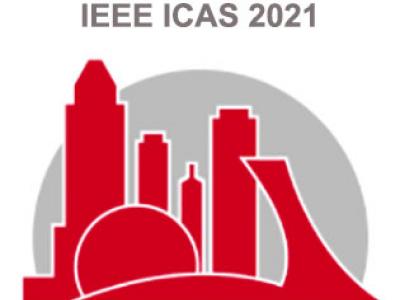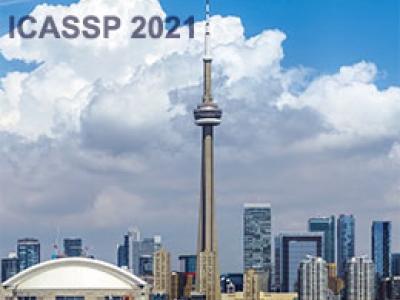
- Read more about A VISUAL CONTROL SCHEME FOR AUV UNDERWATER PIPELINE TRACKING
- Log in to post comments
- Categories:
 30 Views
30 Views
- Read more about MULTI-OBJECT TRACKING USING POISSON MULTI-BERNOULLI MIXTURE FILTERING FOR AUTONOMOUS VEHICLES
- Log in to post comments
The ability of an autonomous vehicle to perform 3D tracking is essential for safe planing and navigation in cluttered environments. The main challenges for multi-object tracking (MOT) in autonomous driving applications reside in the inherent uncertainties regarding the number of objects, when and where the objects may appear and disappear, and uncertainties regarding objects' states. Random finite set (RFS) based approaches can naturally model these uncertainties accurately and elegantly, and they have been widely used in radar-based tracking applications.
- Categories:
 32 Views
32 Views
- Read more about MULTI-OBJECT TRACKING USING POISSON MULTI-BERNOULLI MIXTURE FILTERING FOR AUTONOMOUS VEHICLES
- Log in to post comments
The ability of an autonomous vehicle to perform 3D tracking is essential for safe planing and navigation in cluttered environments. The main challenges for multi-object tracking (MOT) in autonomous driving applications reside in the inherent uncertainties regarding the number of objects, when and where the objects may appear and disappear, and uncertainties regarding objects' states. Random finite set (RFS) based approaches can naturally model these uncertainties accurately and elegantly, and they have been widely used in radar-based tracking applications.
- Categories:
 23 Views
23 Views
- Read more about Calibration of automotive augmented reality head-up displays (AR-HUDs) using a consumer grade mono-camera
- 1 comment
- Log in to post comments
- Categories:
 51 Views
51 Views